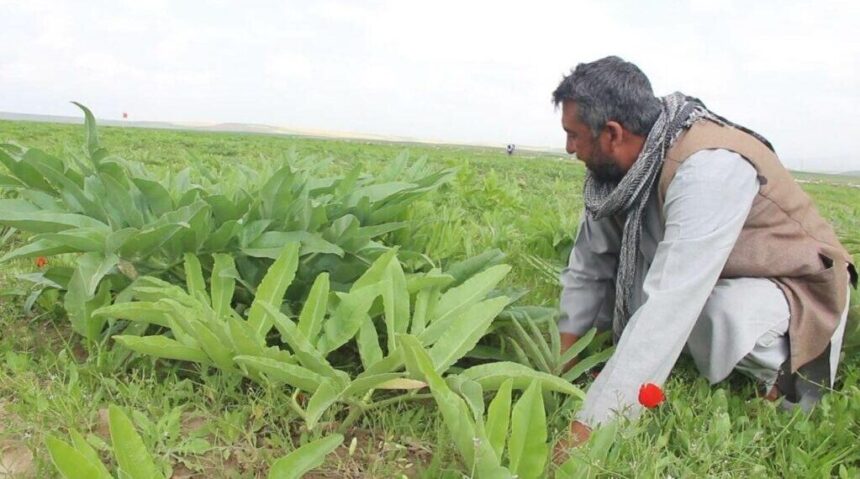Some farmers in Afghanistan who have invested in cultivating the hing plant are complaining about a sharp drop in its market price.
According to them, due to the lack of a suitable market, the price of hing per kilogram has dropped from 25,000 afghani to only 7,000 afghani, causing a significant financial loss to farmers.
Abdulhai, one of the farmers, said: “We planted hing hoping for a good sale, but this year its price has dropped drastically. Now, they buy it for 3,000 to 4,000 afghani per kilogram, which is not only unprofitable but also causes us losses.”
Abdul Ahmad, another farmer, added: “We cultivated this product in the hope of earning a lawful livelihood. Last year, its price was between 20,000 to 25,000 afghani, but this year its rate has fallen to 7,000 to 8,000 afghani.”
Several other farmers are calling on the Islamic Emirate authorities to establish domestic and international markets for this valuable plant.
Ghulam Nabi, a farmer, said: “We ask the government to sign trade agreements for hing, as it has high demand in global markets.”
Nasim, another farmer, also stated: “We ask the government to find foreign markets for hing so that we do not suffer losses and can earn a lawful livelihood from it.”
The Ministry of Agriculture considers the increase in Hing production as one of the main reasons for the price drop and says efforts are being made to improve its market access.
Misbahuddin Mustaeen, spokesperson for the Ministry of Agriculture, Irrigation, and Livestock, said: “Globally, hing production has increased, which has led to its price decline. It is not that if hing is expensive in neighboring countries, our product should remain cheap. We are working to secure a better position for this product in global markets.”
Hing, which is used in pharmaceutical and food industries, is primarily cultivated in northern Afghanistan and has many admirers worldwide due to its unique properties.
This valuable plant has been introduced by the Ministry of Agriculture, Irrigation, and Livestock as an alternative to opium poppy cultivation, but its price decline has raised concerns among producers.











